
The good, the bad, the fad
Most people believe that fat means nothing but trouble. Obesity, high cholesterol, heart disease, all these are closely related to excess fat in our diet, and thus, in our bodies. Low fat foods, no fat foods, low fat diets, blacklists of foods, "healthy" alternatives, these have been the main trend in food industry and diet plans in the last couple of decades. But there is a serious lack of understanding behind such policy. There are bad fats that should be avoided, but there are also good fats, that are either good for us, or absolutely necessary.
Why we need fat
Most people know that fat provides energy to the organism. But fat does much more than that. In example, it has a principal structural role. Cell membranes are made from fat and proteins. Brain is mostly fat. Membrane which surrounds the nerves and transmits nerve impulses is also mostly fat. Heart is powered mostly by energy obtained from fat. Most hormones are fat-based. Internal organs are cushioned by fat. Normal skin function depends on presence of fats. Immune system cannot function properly without fat. And it also makes food tastier.
Good fats
Good fats, or healthy fats are mostly of plant origin. They are typically liquid on room temperature. Two major groups of healthy fats are monounsaturated fats and polyunsaturated fats. Monounsaturated fats become thicker when cooled (but not solid). Typical sources of these fats are olive and olive oil, peanut and canola oil, avocado, hazelnuts and almonds, pumpkins and sesame seeds, and others. Polyunsaturated fats remain equally liquid no matter how cooled. These are found in sunflower and soy bean oil, corn, fish, and various nuts and seeds.
There are also essential fats. These are fats that are necessary for normal functioning of the organism, but cannot be synthesized in our bodies and must be taken through food. These are Omega-3 and Omega-6 fatty acids.
Bad fats
Bad or unhealthy fats are saturated fats and trans fats. Saturated fats are typically of animal origin (meats, milk, dairy products) and are solid at room temperature. These can increase level of bad cholesterol, which rises risk of coronary heart diseases. Trans fats are not natural products. These are made by adding hydrogen to vegetable oils. This increases their stability, and makes them suitable for re-use and transportation. These increase levels of bad cholesterol and lower the levels of good cholesterol. Foods such as processed foods, junk food, cakes, cookies, candies are abundant with these.


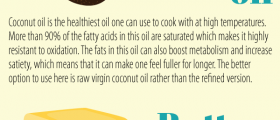
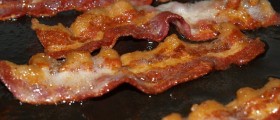
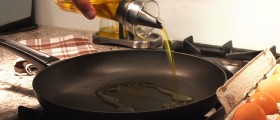
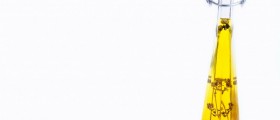


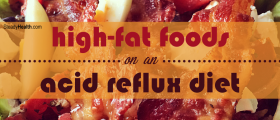


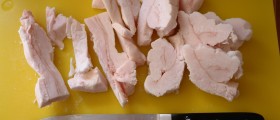
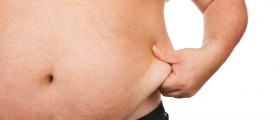
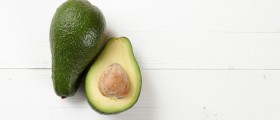



Your thoughts on this
Loading...